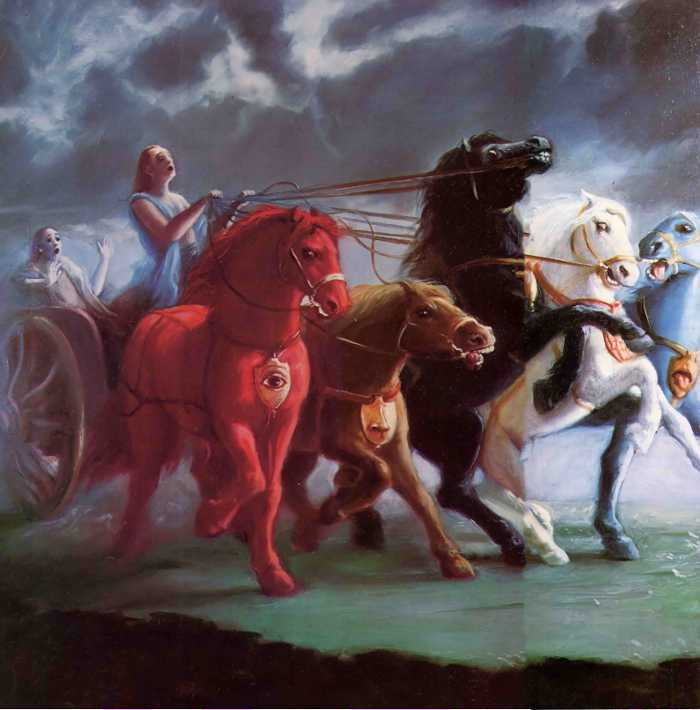FWP:
SETS == MAGAR
This is one of those verses in which tone, nuance, and subliminality are everything. The first line offers us an if-then clause: if there was delay, then there was some cause for it too. Anything to make excuses for the beloved! The lover is desperate to persuade himself that she did indeed want to come, but circumstances beyond her control held her back. What are the grounds for this view? None that we can see, for the second line simply intensifies the plea of extenuating circumstances by elaborating the point.
The second line also nicely plays on the double meaning of magar as both 'but' and 'perhaps'. (For more on this convenient duality see {35,7}.) It emphasizes the degree to which the lover's defense of the beloved is speculative, tentative, based not on any information but on desperate hope. The lover would actually rather believe that someone else held her back-- even some other lover (as the commentators emphasize)-- than entertain the idea that she herself simply capriciously or indifferently created the delay. Yet we in the audience know the beloved pretty well and we, reading between the lines, are aware that this latter possibility is much the most likely.
Or else, as Faruqi suggests, both lines can be taken as indignant or sarcastic rhetorical questions-- what the hell, as if she'd condescend to have a 'reason' for delay! As if she even needs one! As if she could or would claim that anybody else held her back against her will! (Would anybody dare?) It's all just her usual self-will and caprice. Compare the even stronger suggestion of sarcasm in the next verse, {36,2}.
The lover speaks of 'delay' in the first line, but by the
second line it seems probable that she won't come at all, and that he
is simply letting off steam (as Faruqi would maintain), or performing some kind 'spin' exercise-- on himself. (Consider for example {148,2}.)

Nazm:
That is, the Rival had stopped her. (35)
== Nazm page 35